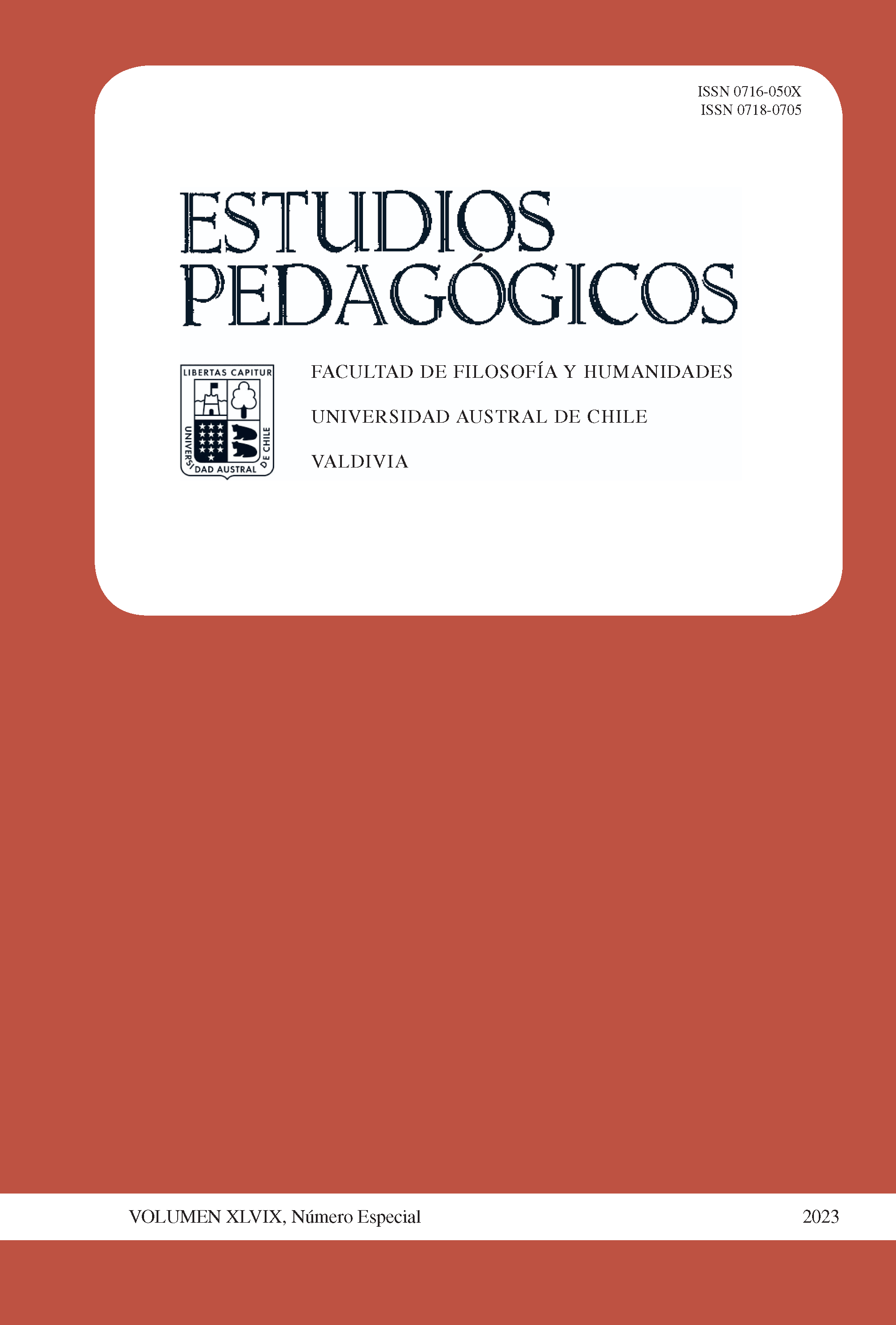De(s)colonizing knowledges and minds: doctoral training experiences from the Vital Motricity’s perspective
Main Article Content
Abstract
The article problematizes research designs and the creation of new knowledge in doctoral training processes, mobilizing the concept of “colonization” and its derivations. In three (biographically and culturally) distinct examples of the authors, as researchers, professors or students, the praxis of Vital Motricity is thought, embodied and discussed as a possible way to unblock normative structures, of the researcher and the context.
It is concluded that decolonizing knowledges, senses and minds, requires boldness and courage, to allow the opening to other investigative and creative paths, in ontological, methodological and epistemological coherence. It is proposed to embody the research from our subjectivities, in articulation with different knowledges and emerging knowledges, and in true synergistic and ethical dialogue, legitimating singularities, in favour of Life, which may lead to generative processes. Vital Motricity as a de(s)colonial horizon operates as a new regional ontology, for which the term ‘decolonial’ itself is still insufficient.

